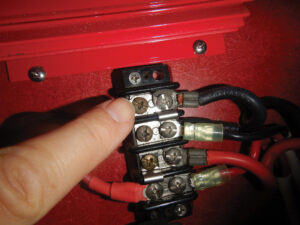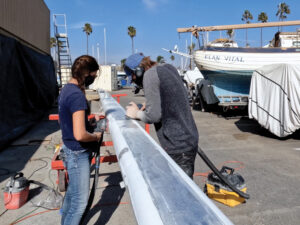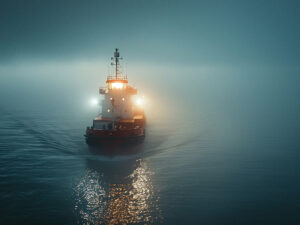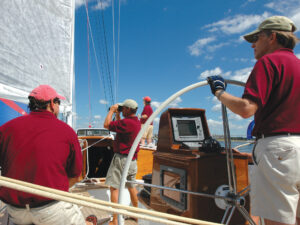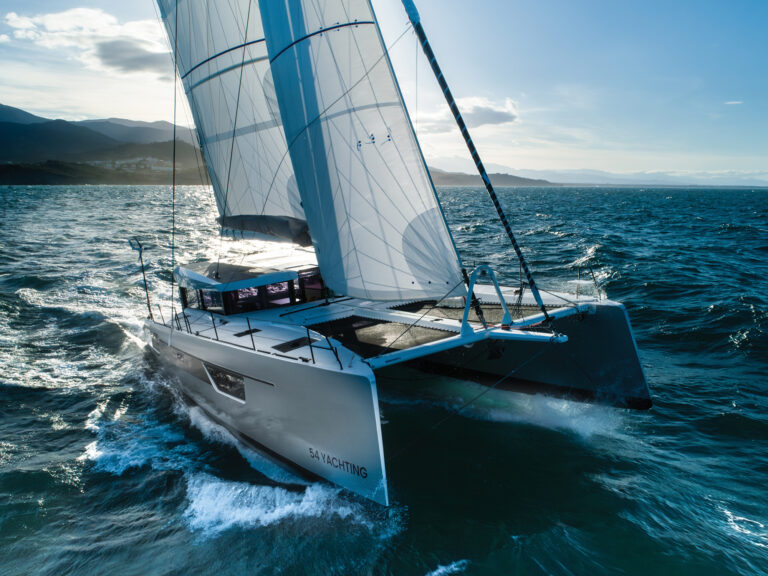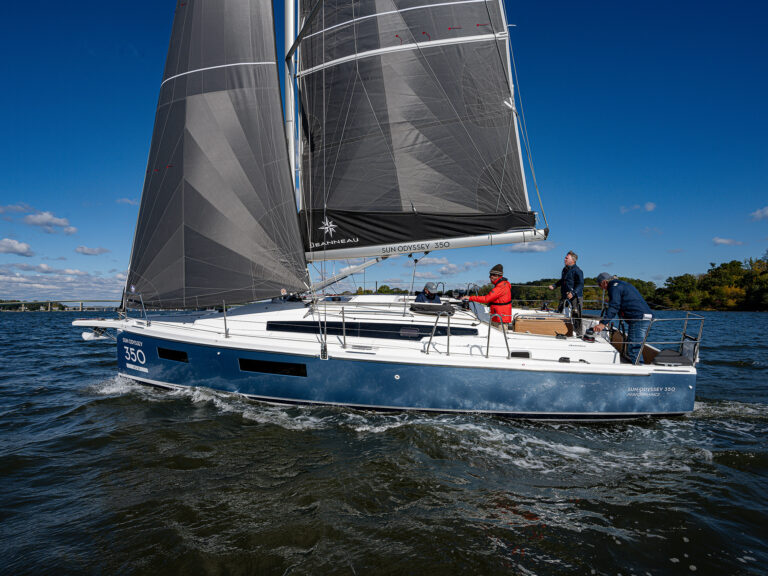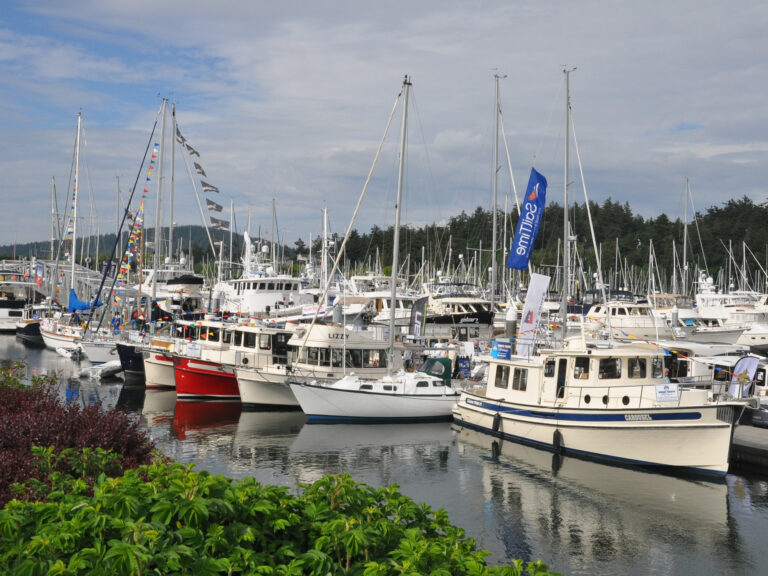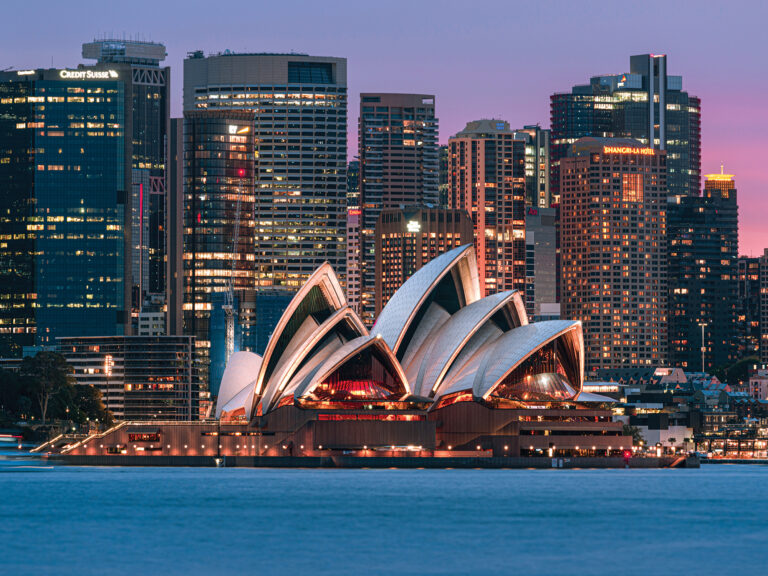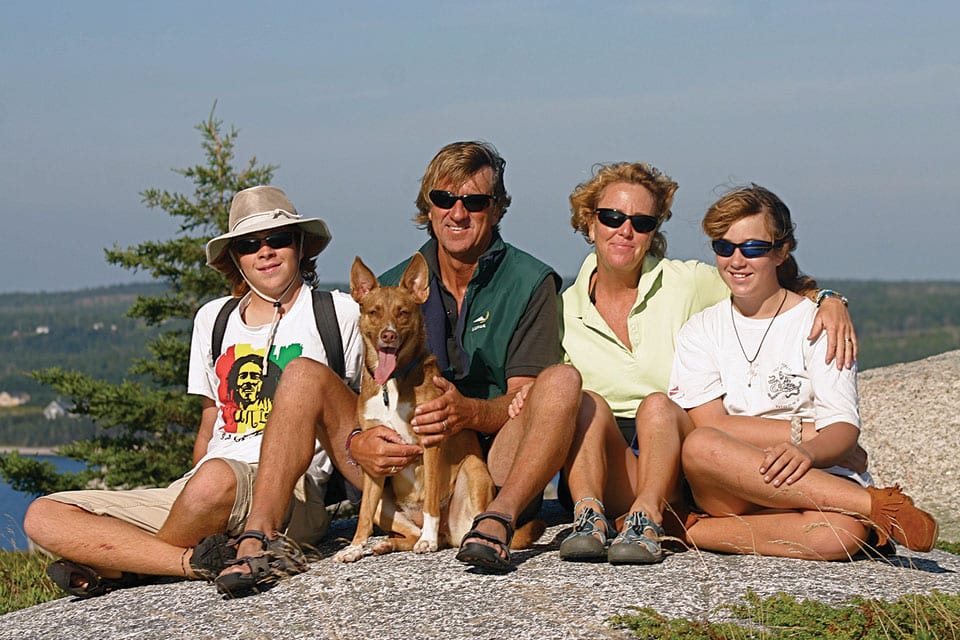
The Clarke Family
“You know when it snows and you take the truck out to an empty parking lot and you put it into a skid on purpose?” This was our friend JohnnyMo talking. It was a Saturday night in the deep, dark Maryland midwinter. The stars were beautiful but brittle; there isn’t enough rum to warm that kind of sky. “You’ve got the wheel over, but then all of a sudden you can’t quite make it out of the skid, and you’re going sideways wondering whether you’re gonna get out of it before you hit that big light pole in the middle of the lot. You know how that is? That’s you guys. You’re in the skid.”
Yes, well. There is something to that analogy. In fact, I couldn’t have described any better the repercussions of our decision to stop cruising for a time and return to a life on land. You choose to do this thing, you have legitimate reasons and a sound plan, and you think you have it more or less under control—until events conspire to remind you of the first of cruising’s many useful and repeated lessons: You control exactly zippo.
I was trying to put a good face on it, but JohnnyMo was right; we were skidding in sideways. But I don’t really know another way you could do it. I thought that it was an arduous, emotional process to extricate ourselves from the land life five years ago, when we moved onto Osprey and set out. Turns out, it’s all that and then some to return. Maybe that’s because even though we made the decision carefully and for a variety of sensible and timely reasons, we don’t really want to leave this life that we’ve made.
What began as the fulfillment of a dream has become a way of being, thinking, and perceiving the world. What some people call a “lifestyle”—a smarmy term I find inaccurate and trivializing—has become how we define ourselves. A few days ago, it was pouring a cold, relentless rain, and when I pulled on over my office clothes my foul-weather jacket (rather than the timelessly styled Burberry I don’t own), I thought perhaps it wasn’t professional-looking enough for my new employer. But settling into its warm, dry comfort, feeling it wrap me in the memory of chilly night watches, I felt proud and gratified knowing that I’m a sailor, first and foremost. This is the part that I cling to like a limpet to a rock, even as the noise and rush of contemporary American society tries so hard to yank me away. Only when I’m on board Osprey, even just sitting in a slip in the midwinter, do I feel centered, safe, and home.
There are certain things that I appreciate about this change, of course. A seemingly endless and effortless supply of hot water and Triscuits, for one. Three seasons of Downton Abbey for another, and the ability to talk with friends and family whenever I wish without negotiating a dubious Skype connection or paying AT&T a couple of bucks a minute. After years of drinking milk made out of Parmalat and Nido (Nestlé’s powdered milk marketed to Latin American countries) and grubbing for whatever foodstuffs I could find for my family wherever we happened to be, I’m overjoyed that a local dairy every Friday delivers a gallon of fresh milk, pints of homemade ice-cream, and locally sourced organic meats and cheeses. One of my new colleagues raises chickens; at least once a week, a carton with a dozen fresh eggs magically appears on my desk, each egg as individual and pretty as a snowflake. The Saturday farmers market is a smorgasbord of local organic produce, and I don’t even have to wait “till de mailboat done reach” to rifle its riches. We’re in a community that’s maintained a deep sense of self, with a strong web of people who work toward sustainable living and who care about their relationship with the natural world around them. There are a lot of big brains here, people with good ideas and the talent and energy to artfully execute them. From the trivial to the more profound, these are all reasons I’m glad to have stopped sailing for a while.
Still. Nothing comes without a cost. Embedded within each of us on Osprey is something intangible yet undeniable, a thread to a world that we know we’ve been privileged to be a part of and that we miss every day, quietly and deeply, the way you miss someone you’ve lost. It manifests itself in small but sudden ways—on seeing a familiar constellation, feeling the breeze blow with a certain southerly softness, hearing our boat’s name coming over the single sideband as dear friends check in while on passage. “Osprey, Osprey,” they call, their voices sailing as clear as a bell all the way into this little creek on the Chesapeake, and we feel every distant mile as we take their position, monitor their progress, and listen to their stories of the whales they see, the dolphins that come to play, the mahimahi they catch, the way the stars look tonight.
“This is Osprey,” we call, sending our voices out into the night sky, seeing those same stars but from such a different place. “Standing by.”
The Clarkes are presently between voyages. Wendy works as a writer at Washington College, in Chestertown, Maryland, and John is service manager at Hartge Yacht Yard, in Galesville, Maryland.

